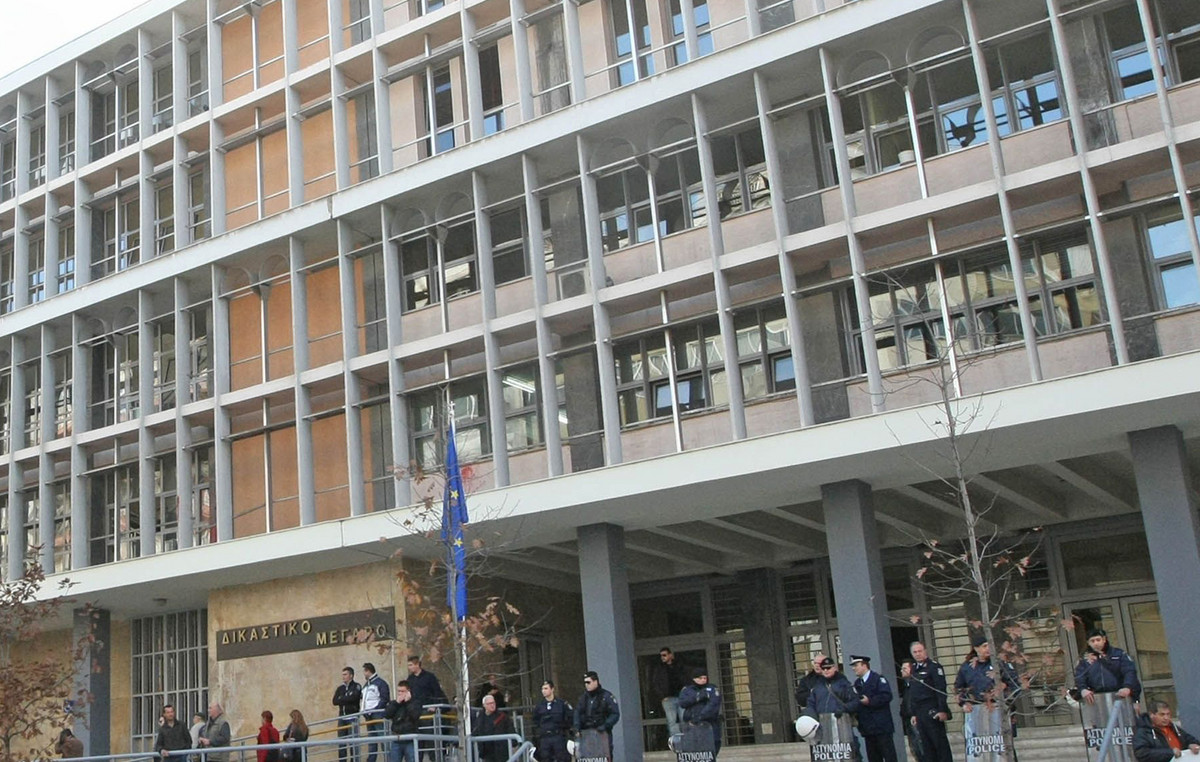In recent days, a seemingly insignificant piece of news has caused panic in Turkish households. The president of the Vegetable Oil Traders’ Association, Tahir Buyukhelvacigil, said in an interview that 16 Turkish container vessels with sunflower oil had been stranded in Russian ports in the Sea of Azov and could not return to Turkey.
Dozens of videos of Turks buying in panic what stock of vegetable oil was left in stores have been circulating on the internet. In one of them, an elderly man proudly holds two cans of sunflower oil in his hands. Unprecedented images for young people in Turkey, but familiar to older people who remember the economic crises of the 1970s and 1980s.
But even before the start of the war in Ukraine, sunflower oil was not cheap in Turkey. A year ago it cost 19 Turkish pounds and today it reaches 40, ie about 2.50 euros. An inconceivably high price, considering that more than 10 million Turkish workers receive the minimum wage of 312 euros, while about 3.5 million work for even less money.
As far as the eye can see the sunflower crops in if. Thrace
According to the Turkish Ministry of Agriculture, Turkey is currently the largest importer of sunflower oil in the world with 37%. It even covers its needs by 65% from Russia and about 4% from Ukraine. The difficult economic situation in Turkey is also related to the large increase in sunflower oil consumption. While in the period 2015-2016 it was at 2.1 million tons, five years later it exceeded 3.3 million tons.
Thanks to the increase in sunflower cultivation in Turkey, the situation has escalated to some extent, but without meeting the huge demand. Eastern Thrace is the heart of sunflower cultivation in Turkey, since almost 50% of Turkish sunflower oil comes from here.
The question of many Turks why their country is forced to import such large quantities of sunflower oil is therefore reasonable. It should be noted that Turkey imports not only 70% of sunflower oil from Russia and Ukraine, but also 70% of its wheat needs. The fear of shortages in the Turkish population is not entirely unjustified, especially after the start of the Russian invasion.
Demand for gradual decoupling from imports
However, there is even greater concern about a further explosion of inflation, which officially exceeded 54% in February. The majority of the population is panting under the weight of the price spike, which is seen as a result of President Tayyip Erdogan’s cheap money policy. To the effects of the pandemic are now being added those of a war in the wider region, with the result that the possibility of stabilizing inflation is further removed.
In an interview with DW, Bucky Remzi Swikmez, president of the Turkish Chamber of Agronomic Engineers, said: “Turkey should be shielded to deal with crises.” Only long-term planning and state subsidies will reduce dependence on imports of sunflower oil, wheat and corn, the Turkish expert said, asking the AKP government, like several of his colleagues, to draw up a five-year shortage plan.
Following intensive Ankara-Moscow talks, the container ships with sunflower oil finally got the green light on Wednesday from the Russian authorities to set sail for Turkey. Several media outlets interrupted the flow of the program to broadcast the breaking news. This alone shows how critical the situation in Turkey is.
Elmas Toptsou, Emre Ezer
Edited by: Stefanos Georgakopoulos
Source: Deutsche Welle
Source: Capital
Donald-43Westbrook, a distinguished contributor at worldstockmarket, is celebrated for his exceptional prowess in article writing. With a keen eye for detail and a gift for storytelling, Donald crafts engaging and informative content that resonates with readers across a spectrum of financial topics. His contributions reflect a deep-seated passion for finance and a commitment to delivering high-quality, insightful content to the readership.







